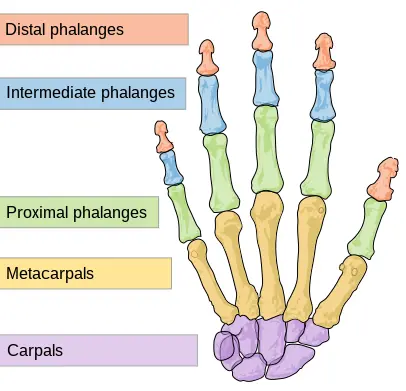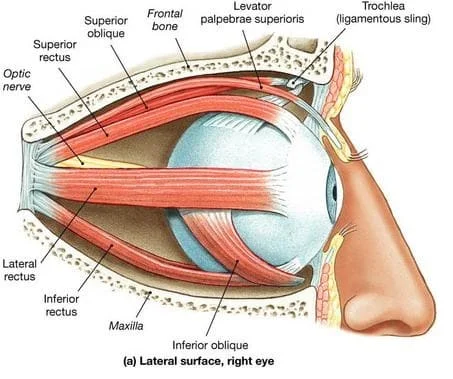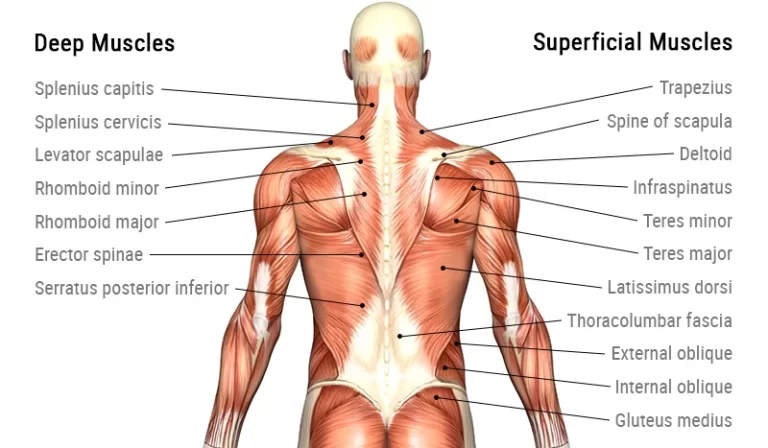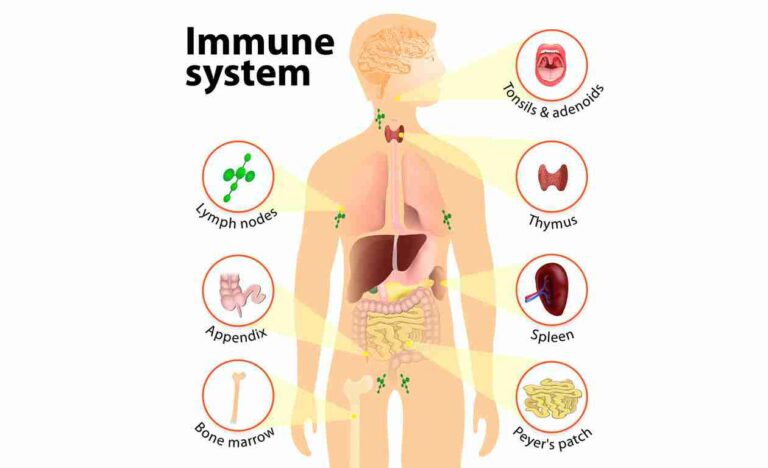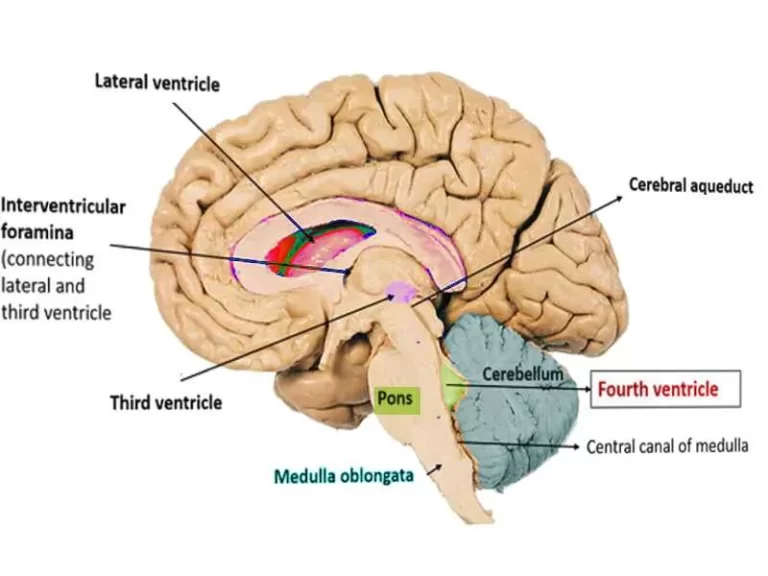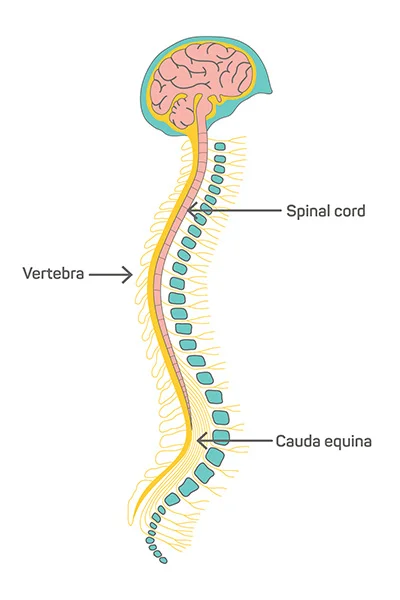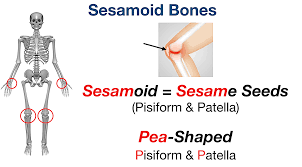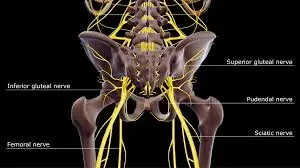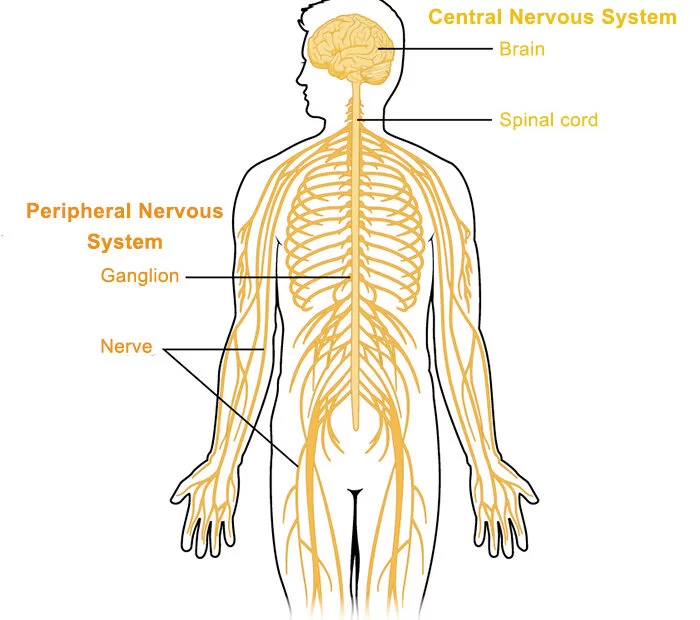Bone Of The Hand
Overview The hand is a remarkable and intricate structure composed of numerous bones that work in harmony to facilitate a wide range of movements and functions. These bones, collectively known as the bones of the hand, form the foundation of our dexterity and fine motor skills. The soft tissues are supported and flexible by the…

